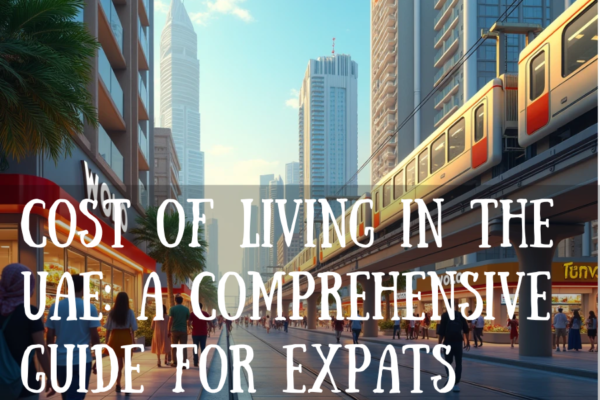
Monthly Finance Planner: A Step-by-Step Guide to Managing Personal Finances and Creating a Personal Budget That Works
Managing your money effectively can feel overwhelming—especially when you’re navigating job uncertainty or a new career path. That’s where a monthly finance planner becomes your best ally. Whether you’re currently job hunting or looking to gain control over your income and expenses, a solid financial plan can reduce stress, build discipline, and help you achieve long-term stability. Why Use a Monthly Finance Planner? A monthly finance planner is more than a spreadsheet—it’s your roadmap to smarter money habits. It helps you: By consistently using a planner, you shift from reactive to proactive financial behavior. Step 1: Set Clear Financial Goals Before budgeting, define your short-term and long-term goals. These may include: Clear goals keep your budget meaningful and motivate consistent tracking. Step 2: Track Your Income & Expenses Start by listing all income sources—salaries, freelance gigs, side hustles, or government support. Then, divide expenses into fixed (rent, loans, utilities) and variable (food, transport, entertainment). Use tools like Google Sheets or apps like YNAB, PocketGuard, or GoodBudget to get accurate monthly snapshots. Step 3: Create a Realistic Personal Budget Now comes the action: setting your budget. Follow the 50/30/20 Rule: Your monthly finance planner should clearly break down these categories so you can adjust them as needed. Step 4: Cut Down on Unnecessary Spending Evaluate areas where you can save: Small cuts make a big impact over time—freeing more for savings or debt reduction. Step 5: Adjust Monthly Based on Life Changes Got a new job? Freelancing income dropped? Update your monthly finance planner to reflect those changes. A static budget doesn’t work. Your planner should evolve with you. Use color-coded charts or visual dashboards to make changes intuitive and insightful. Step 6: Analyze Your Progress Monthly Set a monthly review date—preferably end of the month. Check: This monthly analysis strengthens habits and keeps your personal budget aligned with your goals. Recommended Tools for Managing Personal Finances All these tools help implement your monthly finance planner in a practical, efficient way. Final Thoughts Jobseekers often experience financial pressure, but a well-structured monthly finance planner can be a game-changer. It gives you control, clarity, and confidence. Combine it with discipline and regular reviews, and your journey toward financial stability becomes far more achievable—even during uncertain times. Start today. One page, one number, one goal at a time. Frequently Asked Questions (FAQs): Explore more walk-in interviews and top-paying UAE job opportunities. Click here to browse the latest job vacancies in Dubai. Explore Walk-In Interview Explore job listings on Indeed for more opportunities in customer service, where you can find a variety of roles tailored to your skills. Visit Linkedin Jobs for networking and job opportunities in the UAE, connecting you with professionals in your field. Check Gulf Talent for additional job openings and career advice, ensuring you stay informed about the latest trends in the job market.















